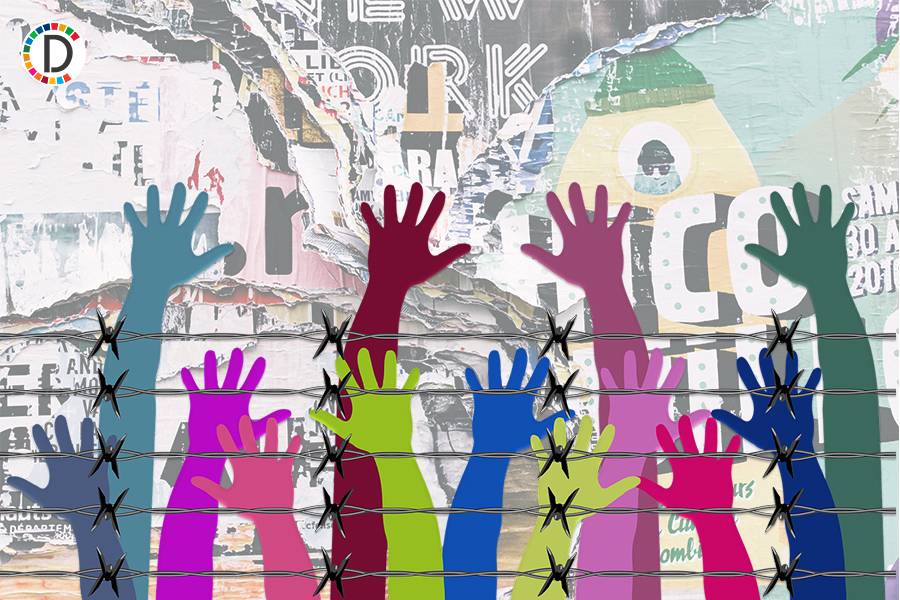Historic Government Shift in North Macedonia Amid EU Integration Dilemmas
North Macedonia's parliament has approved a new government led by Prime Minister Hristijan Mickoski. Mickoski's nationalist party capitalized on voter frustration over stalled EU integration. Promising immediate reforms, Mickoski's government faces skepticism from the opposition. Historical disputes with Greece and Bulgaria continue to pose challenges for Macedonia's EU ambitions.

North Macedonia's lawmakers on Sunday approved a new nationalist-dominated government of Prime Minister Hristijan Mickoski, whose party won general elections in May banking on voters' anger at the slow pace of European Union integration. A third vote due to technical issues made the final tally 77 for and 22 against in the 120-seat parliament, where the ruling coalition is composed of Mickoski's VMRO-DPMNE party, the Albanian alliance VLEN/VREDI and ZNAM, an ethnic Macedonian splinter from the Social Democrats (SDSM).
Declaring the session "historic", Mickoski, in his first term as premier, told the lawmakers it was the time to "roll up the sleeves and start solving problems in the country". He said that his 20-ministry government will not need 100 days to show results in reforms but will start immediately to work to attract new investment, cut taxes and increase pensions and wages.
Opposition MPs voiced doubt in the ability of the new government to fulfill promises from its programme, accusing Mickoski of being manipulative and secretive about proposed reforms. VMRO-DPMNE has been in the opposition since 2017, when the government of Nikola Gruevski was ousted after the 2016 elections over alleged corruption and replaced by the SDSM-led government.
Gruevski, a right-wing nationalist who fled the country in 2018 after being sentenced to two years in prison on corruption-related charges, was granted political asylum in Hungary. After boycotting the VMRO-DPMNE over the past years over concern that its nationalist leanings could harm relations with EU neighbors Greece and Bulgaria and the country's EU bid, voters turned from left to right in frustration with slow development and delays in the EU integration.
Mickoski said the government would remain committed to European integration. "We continue to stand together with our partners from the EU and together we will harmonize the common foreign policy with the EU," he said, adding that his country will continue to support Ukraine's defence from Russia's invasion.
But Mickoski also said a deal agreed earlier to settle a dispute with Bulgaria by amending the constitution to recognise a Bulgarian minority "will not pass, and there will be no constitutional changes as long as I am here". Mickoski several times referred to the Balkan country of 2 million as just Macedonia, not saying its full name North Macedonia that the previous government changed under pressure from Greece, which claimed that the name implies territorial claims on a Greek province of the same name.
Greece has already warned it might thwart North Macedonia's bid to join the EU after its neighbor's newly elected president, Gordana Siljanovska-Davkova, also referred to her country as "Macedonia", reigniting a dispute with Athens over the name.
(This story has not been edited by Devdiscourse staff and is auto-generated from a syndicated feed.)










